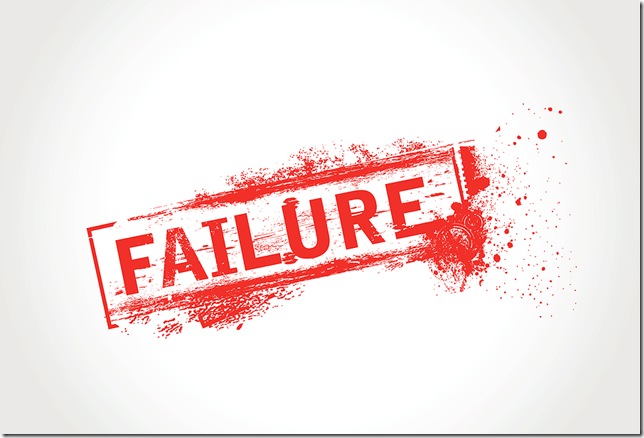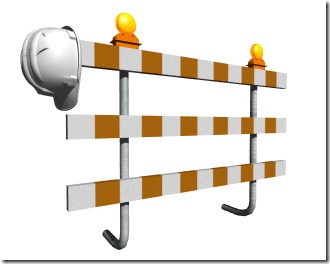Why Do Most Recruiter Interviews Set You Up for Failure?
Most 3rd-party recruiter interviews set you up for failure with hiring managers.
Before the entire recruiting profession jumps down my throat over that statement – let’s examine this statement in a little more depth.
Most (there are a few exceptions) recruiters conduct “box-checking” interviews. These sound like “Tell me about yourself.” “Have you done this?” “Do you have this skill?” Do you have this knowledge?” “What’s your biggest weakness?” and all the other 20 standard, stupid, inane canned interview questions that have been asked since the beginning of time.
We also published a couple of articles on some of the “other” reasons for shooting yourself in the foot when interviewing. Two of these articles you might be interested in are:
Candidate Interviewing Mistakes
You Can’t Interview Yourself Out of Wet Paper Bag
Most executives and managers tell me that the vast majority of the interviews they’ve gone through with 3rd-party recruiters are a joke. The believe that these sessions are nothing more than “meet-n-greets” where the recruiter is trying to determine if the candidate will embarrass them on the interview.
None of the traditional interview questions get at real success and the ability to translate prior accomplishments to predicting future performance. Very few recruiters have ever been trained, coached, or learned how to measure true performance – or predict future performance based on past success.
So, let’s follow this process logically. The recruiter conducts an interview for their client by box-checking the job description. The candidate is now lulled into the belief that this will be a similar interview with the client.
Wrong.
Most sophisticated hiring executives/managers are going to talk about outcomes and results – the candidate is stunned to be talking about outcomes, results, deliverables, accomplishments, and achievements. The candidate is at a loss to provide 2-3 substantive examples with quantifiable details for each claim.
The candidate was expecting the traditional 20 stupid, inane, canned interview questions.
The recruiter did NOTHING to prepare the candidate for a more rigorous interview.
The best recruiters conduct more in-depth interviews of candidates than their clients will ever conduct. The best recruiters probe deeply and will continue digging until they get the details. The best recruiters triangulate your responses to validate, verify, and vet your claims.
These interviews act as preparation for the real thing.
Box-checking, traditional, stupid, inane, and canned interview questions do you a disservice by lulling you into a false sense of security about the interview questions that will be asked by strong hiring managers and executives.
So, let’s take this to the logical conclusion:
- Assume most recruiters will not ask tough and insightful questions.
- Assume most recruiters cannot prepare you for an interview with a strong hiring manager or executive.
- Assume most recruiters don’t really understand how to probe accomplishments, achievements, outcomes, and results.
- Assume most recruiters don’t understand how to predict future performance.
What can you do to get ready for a “real” interview?
Here are a few proactive ideas:
-
- Read the free popular chapter in our book, “This is NOT the Position I Accepted” titled “Winning the Phone Interview”
- Practice your responses over and over – imagine this is the most important presentation of your life. Practice your responses in front of the mirror, with family, the dog, your cat, friends, neighbors, associates
- Practice some more
- Read item number 1 – master our technique of D.R.E.S.S.U.P. for the phone interview
- Practice some more
- Frame all your responses with as much quantifiable detail as possible, names, starting amounts, ending amounts, budget, savings, number of people on the project, length of time, etc
- Read everything you can on how to interview more effectively
- Practice some more
Don’t blow the interview just because a recruiter didn’t ask you the correct questions. Be proactive in preparing yourself for a more rigorous interview.
Download our FREE popular Phone Interviewing Chapter “Win the Phone Interview”
What’s your experience in working with recruiters?
What percentage of all the recruiters you’ve met – made you work really hard during the interview? How many of those sessions were “meet-n-greets?”
Barry










